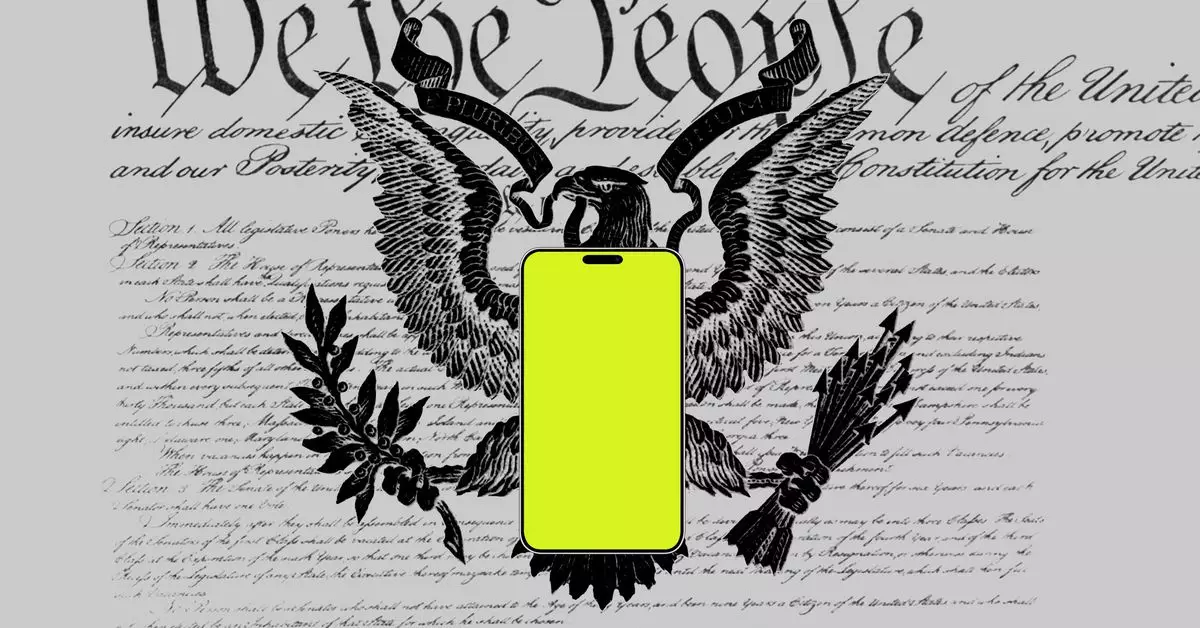In a noteworthy development for consumers, the Federal Trade Commission (FTC) recently reported a significant decline in complaints related to unsolicited telemarketing calls. This marks the third consecutive year of diminished complaints, with the overall reports plummeting by more than 50% compared to 2021. Such a notable decrease is likely a reflection of intensified governmental measures aimed at mitigating the annoyance and fraudulent nature of telemarketing calls. In terms of raw numbers, the FTC noted a reduction of approximately 33,000 complaints during the 2024 fiscal year in comparison to the previous year. However, it’s essential to recognize that not all forms of unsolicited communication have seen a downturn. For instance, reports of debt reduction calls surged by over 85% from the preceding year, indicating a complex landscape that remains challenging for consumers.
FTC Bureau of Consumer Protection Director Sam Levine acknowledged that illegal telemarketing calls still pose a considerable threat. However, he believes the uptick in effective strategies to target major offenders and adapt to new challenges has played a pivotal role in curbing complaints. The FTC’s efforts have included aggressive actions against illegitimate telemarketing practices and the implementation of rules prohibiting impersonation of government entities and businesses. This systematic crackdown appears to be a fundamental factor contributing to the noticeable decline in calls perceived as bothersome.
Specific Regulatory Measures
Central to the FTC’s reformative strategy is the Telemarketing Sales Rule (TSR), which delineates numerous constraints on telemarketers’ activities, such as permissible calling hours. Recently, the directive was expanded to encompass scam calls utilizing artificial intelligence technologies. A standout achievement last year was the prohibition of extended vehicle warranty scams, a notorious form of telemarketing that has plagued consumers. This ban came on the heels of the Federal Communications Commission (FCC) proposing an impressive $300 million fine against one of these fraudulent operations.
Collaboration Among Regulatory Bodies
The FCC has also been instrumental in this ongoing battle against telemarketing nuisances. One of the significant actions taken by major U.S. mobile carriers was the implementation of a new anti-spoofing protocol designed to ensure that the phone numbers displayed on caller IDs correspond accurately with the originating numbers. Such technological advancements are critical in restoring consumer trust. Furthermore, the FCC has imposed restrictions on AI-generated robocalls and targeted those robocallers that hinder consumers’ abilities to opt out from ongoing communications. Cell carriers are now mandated to block unsolicited robotexts that are likely to be illegal, further solidifying consumer protection measures.
Despite the observable progress in reducing telemarketing annoyances, the increase in debt reduction call reports indicates that challenges persist. Ongoing collaboration between regulatory agencies and mobile carriers is essential in the fight against unwanted communications. As technology evolves and fraudulent tactics become increasingly sophisticated, it is crucial for both consumers and regulators to remain vigilant. The journey to a telemarketing-free phone experience may be ongoing, but recent efforts show promise in achieving a quieter and more secure communication landscape.


Leave a Reply
You must be logged in to post a comment.